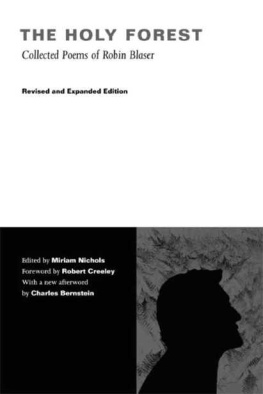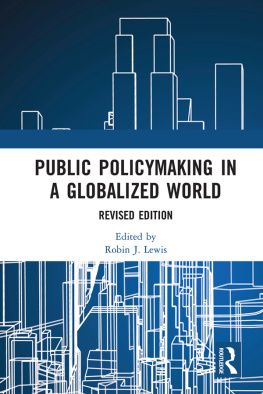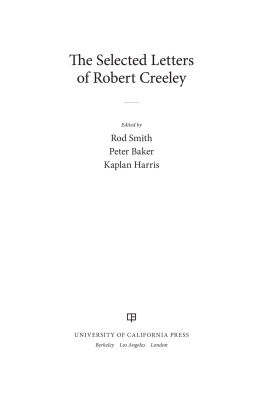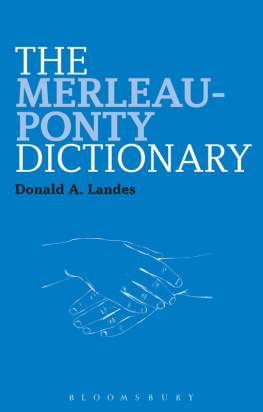The publisher gratefully acknowledges the generous contribution to this book provided by the Humanities Endowment Fund of the University of California Press Foundation.







xvii xxiii xxv iii ... 252 ... 264 ... 278
For a reader to begin here may well prove displacing if one expects to find either a simple explanation or some securing directions. I have read Robin Blaser's consummate poetry for years, but I cannot predicate its authority on any sense that it has answered the questions which compelled it or come to the conclusion of what it thought to say.
What has to be recognized is that these poems are not a defining "progress," or a skilfully accomplished enclosure. Above all else I must emphasize a sense often echoed here, that the "unfolded fold" to be found in his work-the turn, the bend in the road, the "twist" of Charles Olson's preoccupation-is the nexus of its life and the life it has made so movingly eloquent. No one is going anywhere-as if to get "there" were the sole possibility. Reading these poems, one finds a life that is inexorably human, the adamant given of our common fact. Yet Descartes's curiously meagre proposition, "I think, therefore I am," can nonetheless empower the imagination, and "Only the imagination is real," as William Carlos Williams insisted to anyone who would listen. All else lives by the fate of its active being, its seemingly unreflective fact.
But our human life yields a double, its acts and the thinking coincident. Who knows which more proves our determining world? I first knew Robin Blaser as one of an almost mythic band, a triad composed of himself and his fellow poets Robert Duncan and Jack Spicer. In his valuable essay "The Practice of Outside," which serves as his defining proposition for the value of Jack Spicer's own poetry, he speaks with great clarity and power of that poesis he shared with Spicer, recognizing how malevolent the stable "discourse" had become: Where the poesis reopens the real and follows its contents, the presuming discourse imposes form and closes it, leaving us at the mercy of our own limit.... It may be argued that the push of contemporary poetics towards locus, ground, and particularity is a remaking of where we are.... From Pound's hierophanies and Williams's ground to Olson's cosmology and Spicer's narrative of the unknown, a remaking of the real is at stake. -from The Collected Books of Jack Spicer, ed. -from The Collected Books of Jack Spicer, ed.
Robin Blaser (197 0 Blaser's company was not just persons of the "San Francisco school" but survivors from a legendary Berkeley, where learning for oneself and discovering the appropriate teacher (Ernst Kantoro- vich is such an instance) had still a singular value. Robin was the quiet one, as my mother might say, certainly the modest one, and it was he, one guessed, who kept the bridge between Duncan and Spicer secure, though it was always precarious. I think of those brothers in the old stories, of the magic that protected them, of the complex trials they had to undergo, especially the youngest, least recognized, most at risk-who again I proposed to myself as Robin. I am taking the occasion of Jack's book to speak of the battle for the real of poetry in which all contemporary poetry in America is engaged. It began with Pound and continues. -from The Collected Books of Jack Spicer No doubt I compound it all with my own story, but a poem of his from The New American Poetry (1960), our first meeting place, made actual where we were and had to be: Herons 
 A wryly attractive biographical note in the same collection continues aptly: "Born in 1925. -from The Collected Books of Jack Spicer No doubt I compound it all with my own story, but a poem of his from The New American Poetry (1960), our first meeting place, made actual where we were and had to be: Herons
A wryly attractive biographical note in the same collection continues aptly: "Born in 1925. -from The Collected Books of Jack Spicer No doubt I compound it all with my own story, but a poem of his from The New American Poetry (1960), our first meeting place, made actual where we were and had to be: Herons 
 A wryly attractive biographical note in the same collection continues aptly: "Born in 1925.
A wryly attractive biographical note in the same collection continues aptly: "Born in 1925.
Tied to universities from 1943-1959: Northwestern, College of Idaho, Berkeley, California as a student; Harvard as a librarian from 19 55- 19 59. Now free and hoping to remain that way. But it's doubtful. Money!" There were to be subsequent employments of similar nature, but with his moving from San Francisco to Vancouver in the midsixties and his transforming presence at Simon Fraser University (1966- 1986), Robin Blaser became a source for poetry's authority beyond any simplifying place or time. It is not at all that his work is transcendent or beyond the obvious limits of common life. Quite the contrary.
In this still shifting edge of that West which is his first place of origin, he enters upon his own power without distraction or compromise, and comes to the substantiating community of his own need and recognition. In this respect only Robert Duncan finds a place of similar order, while their peers, such as Spicer and Olson, too often are battered by increasing isolation and overt rejection. So the last words said by Jack Spicer to his old friend echo with poignant emphasis: "My vocabulary did this to me. Your love will let you go on." These words have no simple reason, such as Blaser's initial Catholicism or Spicer's determined Calvinism, to explain them. What is realized is what has always been, that our words are literally our world, that their permission, what they lead us to, is all we have. Jack Spicer's own genius was his clear sight, a sometimes ruth lessly grounded specificity.
It was he, for example, who recognized that Blaser would follow his emotions with a shifting rhythm, led by feeling to pattern. Together they proposed a "serial poetry" far more the fact of what might now happen rather than any presumed method for gaining generalized continuity, however defined. Therefore one can come to this actuating place of Blaser's powers without need for static containment or to think to summarize its information finally. The point seems clear enough in the titles of several of the books, for example: ImageNation (in its continuing parts), Streams, Syntax, Pell Mell. What he has written about his poetics proves a basic advice: It seems to me that the whole marvellous thing of open form is a traditional and an American problem.... The whole thing came in a geography where the traditional forms would no longer hold our purposes.












